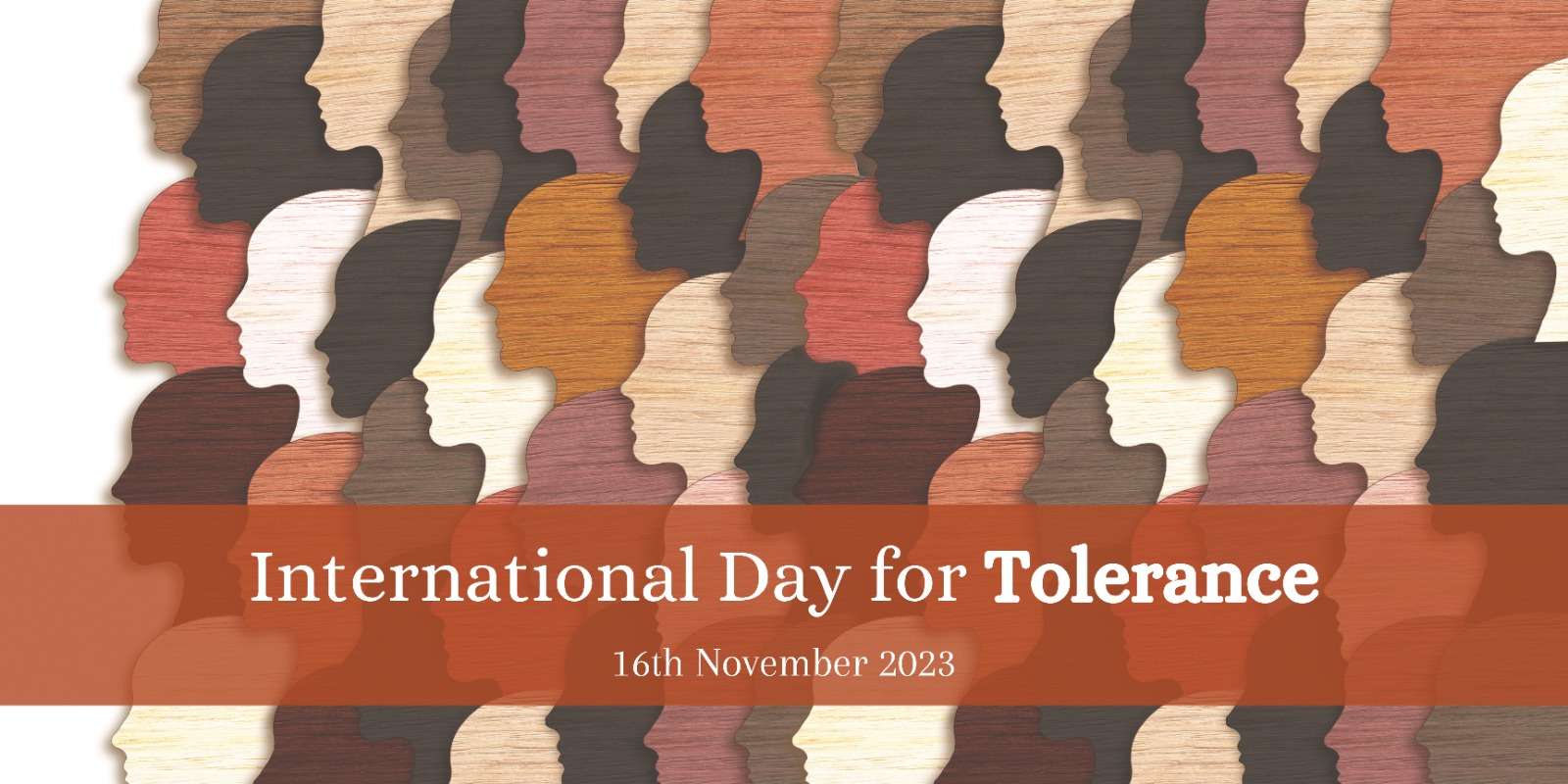International Day for Tolerance

In an era characterized by diversity, the significance of tolerance remains paramount. The International Day for Tolerance, observed annually on November 16th, serves as a poignant reminder of the critical need for mutual understanding and respect. Since its inception, this day has fostered a global conversation about the profound impact of tolerance on societal harmony and peace. As we commemorate this significant day, it is essential to delve into the history, significance, fundamental principles, challenges, and the pivotal role of education in promoting and instilling the values of tolerance in society.
History of the Day
The United Nations General Assembly proclaimed the International Day for Tolerance in 1996, intending to encourage member states to foster mutual understanding among cultures and peoples. The declaration emphasized the promotion of tolerance, respect, dialogue, and cooperation among different cultures, civilizations, and people.
Significance of the Day
The International Day for Tolerance stands as a symbolic tribute to the spirit of unity and acceptance. It highlights the importance of creating a world where diverse beliefs, cultures, and traditions coexist harmoniously, fostering a climate of peace and understanding. This observance underscores the fundamental principles of human rights, equality, and non-discrimination as the cornerstone of a just and equitable society.
Theme for 2023: “Embracing Diversity: Building a Harmonious World”
The theme for the International Day for Tolerance in 2023, “Embracing Diversity: Building a Harmonious World,” underscores the significance of acknowledging and respecting diverse perspectives, beliefs, and backgrounds. It calls for collective efforts to build a global community that celebrates differences and promotes inclusivity, thereby fostering a harmonious world for present and future generations.
Importance of the Day
The observance of the International Day for Tolerance is vital as it serves as a crucial reminder of the indispensable role of tolerance in mitigating conflicts, fostering social cohesion, and promoting sustainable development. By acknowledging and respecting differences, societies can pave the way for meaningful dialogue, cooperation, and mutual understanding, leading to the creation of a more peaceful and inclusive world.
Role of Tolerance in Human Lives
Tolerance plays a pivotal role in shaping human lives, enabling individuals to navigate through diverse cultural, religious, and ideological landscapes with empathy and open-mindedness. It fosters a culture of respect, acceptance, and understanding, laying the foundation for cohesive communities and nurturing meaningful relationships based on mutual respect and understanding.
Fundamental Principles of Tolerance
The fundamental principles of tolerance revolve around the notions of empathy, respect, and open-mindedness. It involves the acceptance of diverse perspectives, cultures, and beliefs without prejudice or discrimination, fostering an environment where individuals can coexist harmoniously and contribute to the collective growth and development of society.
Challenges in Upholding Tolerance
Despite its profound significance, upholding tolerance continues to face numerous challenges, including prejudice, discrimination, and deep-rooted societal biases. Addressing these challenges requires concerted efforts from governments, civil society, and individuals to promote awareness, educate communities, and foster inclusive policies that champion diversity and respect for all.
Role of Education in Teaching Tolerance
Education plays a pivotal role in nurturing a culture of tolerance and understanding from an early age. By integrating diverse perspectives, cultural studies, and ethical teachings into the curriculum, educational institutions can instill the values of respect, empathy, and open-mindedness among students, preparing them to become responsible global citizens capable of navigating diverse societies with tolerance and compassion.
Inculcating Morals for a Tolerant Society
Nurturing moral values and ethical conduct is essential in cultivating a tolerant society. By emphasizing the importance of empathy, compassion, and respect for others, individuals can develop a strong moral compass that guides their actions and interactions, fostering an environment of mutual understanding and harmonious coexistence.
Key Points for UPSC Aspirants
- Understand the historical context and significance of the International Day for Tolerance.
- Comprehend the fundamental principles and challenges associated with fostering tolerance in society.
- Recognize the pivotal role of education in promoting tolerance and diversity.
- Emphasize the importance of inculcating moral values to create a more tolerant and inclusive society.
Conclusion
As we commemorate the International Day for Tolerance, let us reaffirm our commitment to fostering a world where differences are celebrated and respect for all individuals is upheld. By embracing diversity and promoting a culture of understanding and acceptance, we can collectively build a more harmonious and inclusive global community for generations to come.
Tags:
Best teachers in every subject.
Let’s get started
We can teach you anything
